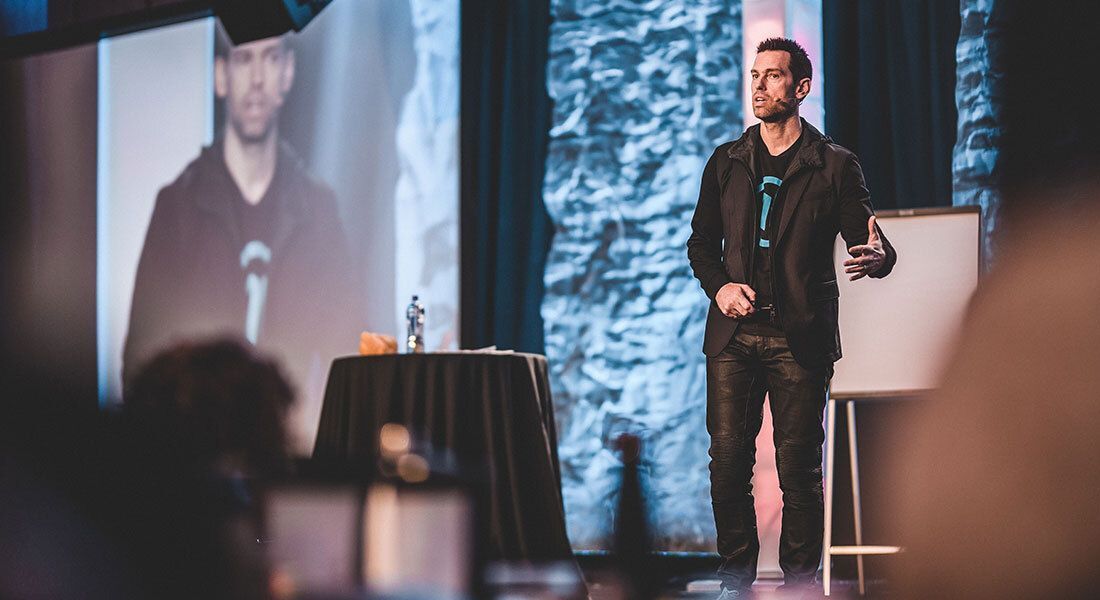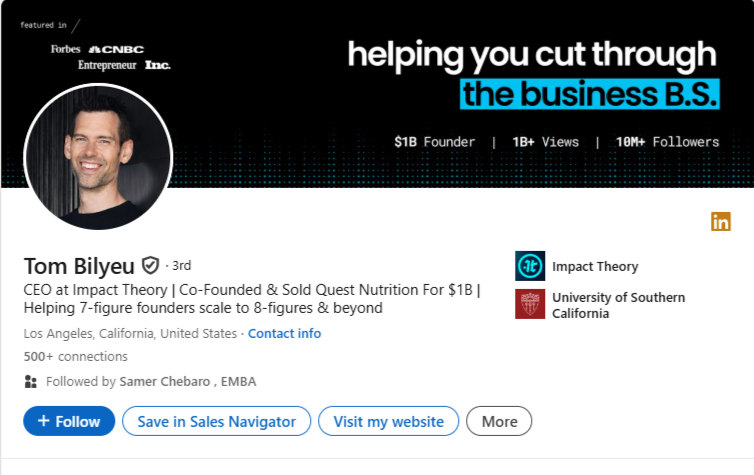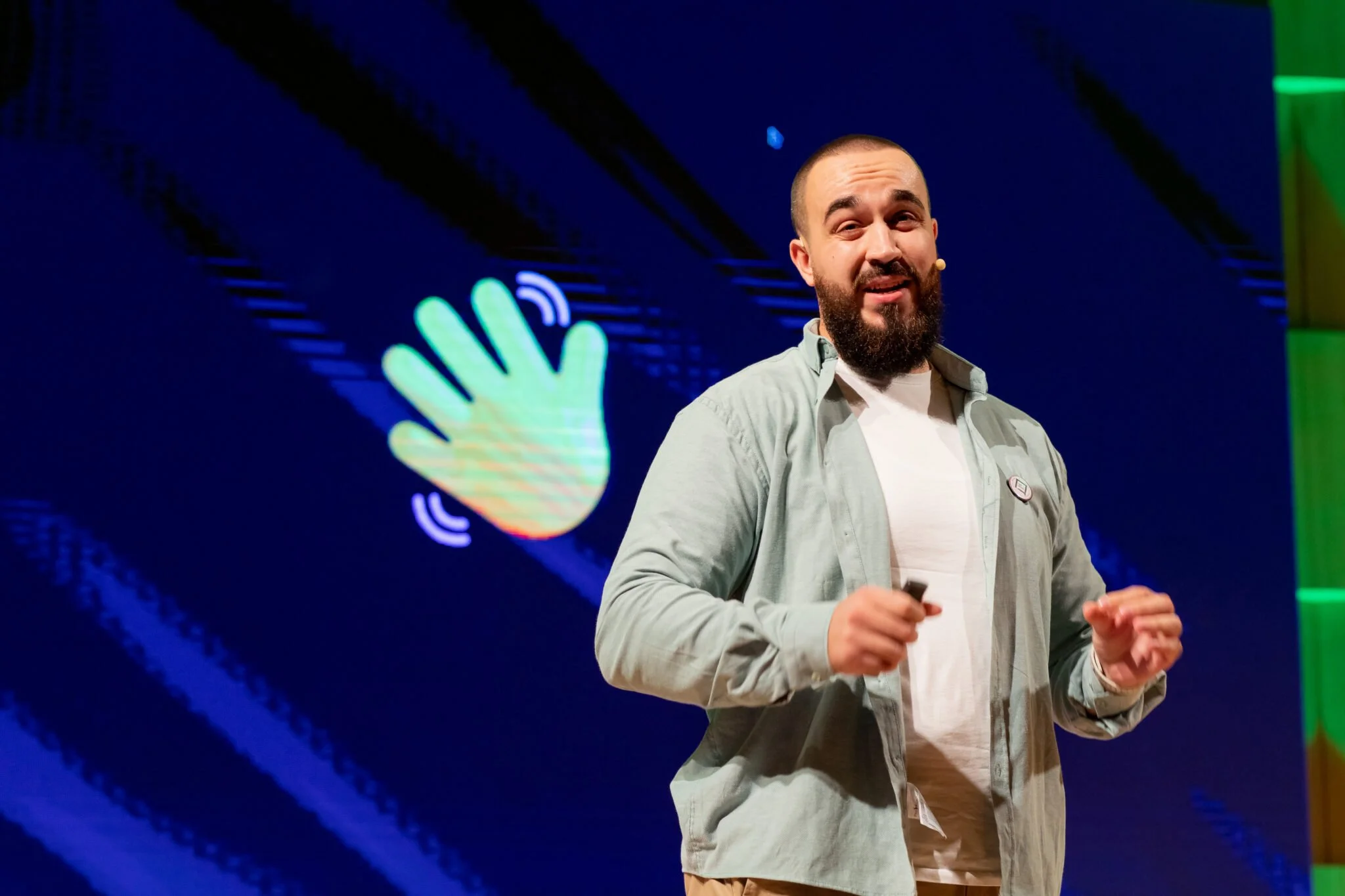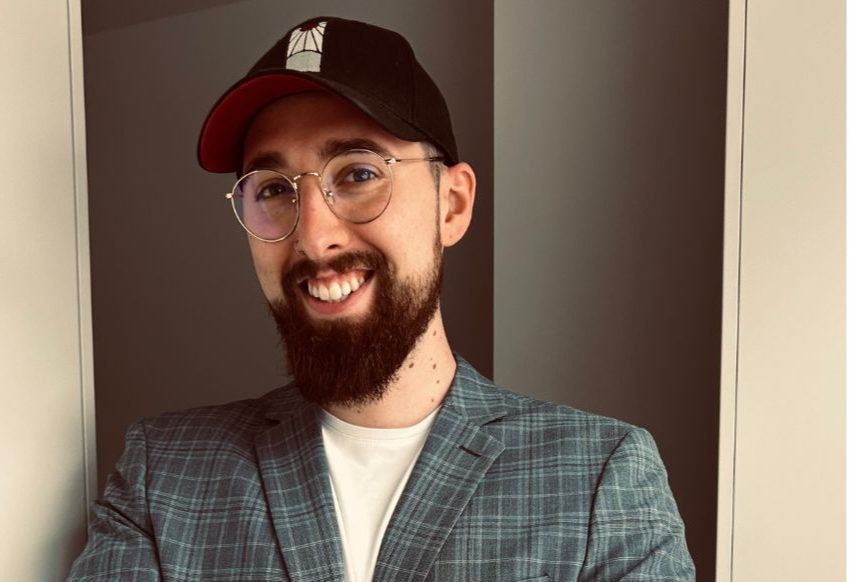LinkedIn Voices: Tom Bilyeu

Tom Bilyeu stands as a symbol of what happens when vision, mindset, and relentless discipline intersect. From co-founding Quest Nutrition and turning it into a billion-dollar company, to launching Impact Theory—a global platform for mindset and personal development, Tom has reshaped what entrepreneurial leadership looks like in the digital era.
Who Is Tom Bilyeu?
Tom Bilyeu is an American entrepreneur, speaker, and content creator best known for co-founding Quest Nutrition, a company that revolutionized the health and fitness industry and grew to a valuation of over $1 billion in just five years.
After selling Quest, Bilyeu and his wife Lisa founded Impact Theory, a media and education company designed to empower people to unlock their potential and build the mindset necessary for massive success.
His mission?
“To help people develop the skills and beliefs they need to achieve anything they set their mind to.”
Through his platforms, ranging from YouTube to LinkedIn and his flagship Impact Theory Podcast, Tom has inspired millions to transform ambition into action.
From Burnout to Breakthrough
Tom’s entrepreneurial journey didn’t start with glory. In his early career, he worked as the Chief Marketing Officer at a tech company that was thriving on paper, but he wasn’t.
Despite the company’s success, he found himself deeply unhappy, overworked, and unfulfilled. So he walked away.
That decision became the defining pivot point of his life.
Together with his partners, he co-founded Quest Nutrition, built not around money, but around meaning. Their goal was simple yet revolutionary: to create food that helps people achieve their health goals without sacrificing taste.
Within a few years, Quest became one of the fastest-growing companies in North America, ranked #2 on the Inc. 500 list, and ultimately sold for $1 billion.
Rather than retire, Tom doubled down on purpose. Impact Theory was born as a mission to teach others how to adopt the mindset that builds billion-dollar results, both in business and in life.
Mission: Impact at Scale
At Impact Theory, Tom’s mission goes far beyond content. He envisions building the next great entertainment studio, one that creates stories capable of changing the way people think.
The company produces educational shows, podcasts, courses, and digital communities designed to reprogram limiting beliefs and cultivate “anti-fragile” entrepreneurs.
Through Impact Theory University, Tom has taught over 17,000 students worldwide how to master personal growth, leadership, and business scalability.
His results speak volumes:
$1B+ sale of Quest Nutrition
4M+ YouTube subscribers
500M+ content views
100K+ email subscribers
Global reach across 10M+ followers
More than 132,000 follower in LinkedIn
Themes & Message Pillars
1. Mindset Mastery: Tom’s philosophy centers on the idea that success is a skill, one anyone can learn. His “Physics of Progress” framework teaches how to systematically solve problems through six phases of experimentation and learning.
2. Scaling with Systems, Not Stress: He often contrasts “hustle” with leadership, teaching founders that what gets them from $100K to $1M won’t get them to $10M.
“Hustle gets you started. Systems scale you.”
3. The Power of Failure: Bilyeu views failure as a feedback mechanism. Every misstep becomes data, an opportunity to evolve.
4. Building with AI and Leverage: His latest thought leadership focuses on leveraging AI to build teams, validate ideas, and automate operations, teaching founders how to scale smart, not hard.
LinkedIn Content Strategy: Thought Leadership at Work

On LinkedIn, Tom Bilyeu’s presence is a masterclass in digital thought leadership. His content fuses entrepreneurial lessons, scientific mindset principles, and actionable frameworks for founders.
Strategy Highlights:
Educational Frameworks: Every post provides structured, practical steps (“The 6 Phases of the Physics of Progress,” “The $100,000 Validation Test”).
Authenticity Through Vulnerability: He openly shares personal failures—from burnout to self-doubt—making his lessons relatable.
Storytelling with Data: Combines narrative with measurable outcomes to reinforce credibility.
AI & Future Readiness: Positions himself at the forefront of innovation, showing how founders can integrate AI systems to scale operations in record time.
Tone & Style:
Rational, disciplined, and motivational.
Balances business intellect with emotional honesty.
Designed to educate first, inspire second.
Some on Tom Bilyeu LinkedIn Posts:
Here’s what it taught me about scaling any business:
Most companies don't fail because of bad products or weak marketing.
They fail because they… | Tom Bilyeu | 451 comments
Why Tom Bilyeu Matters
Tom Bilyeu represents a new breed of entrepreneur, one who blends business acumen with personal evolution. His story shows that success without purpose leads to burnout, and purpose without strategy leads to stagnation.
By merging neuroscience, storytelling, and scalable systems, he’s helping a generation of leaders build businesses that thrive on both profit and meaning.
“Don’t aim to be better than someone else. Aim to be better than who you were yesterday.” -Tom Bilyeu
Some of His Talks & Series
“The Physics of Progress” Masterclass - How to solve problems scientifically in business.
“The Mindset of a Billion-Dollar Entrepreneur” - How to evolve from operator to leader.
Humans Only Have 2 Years Left... PREPARE NOW | Tom Bilyeu
The Secret Meeting That Rigged America’s Money (And Is Stealing Your Wealth)
Profile Summary
Info | Detail |
Name | Tom Bilyeu |
Title | CEO at Impact Theory, Co-Founder of Quest Nutrition |
Focus | Entrepreneurship, Mindset Development, AI Systems for Founders, Media & Education |
Experience | 20+ years in entrepreneurship; co-founded and sold Quest Nutrition for $1B; founder of Impact Theory |
Funding / Wealth | Private entrepreneurial ventures; diversified media and education revenue streams |
Platform Reach | 10M+ followers across social platforms; 500M+ content views; 4M+ YouTube subscribers |
Notable Achievements | $1B sale of Quest Nutrition; Impact Theory University; Forbes & CNBC features; global keynote speaker |
Website |
Tom Bilyeu LinkedIn Profile:
https://www.linkedin.com/in/tombilyeu/
_







